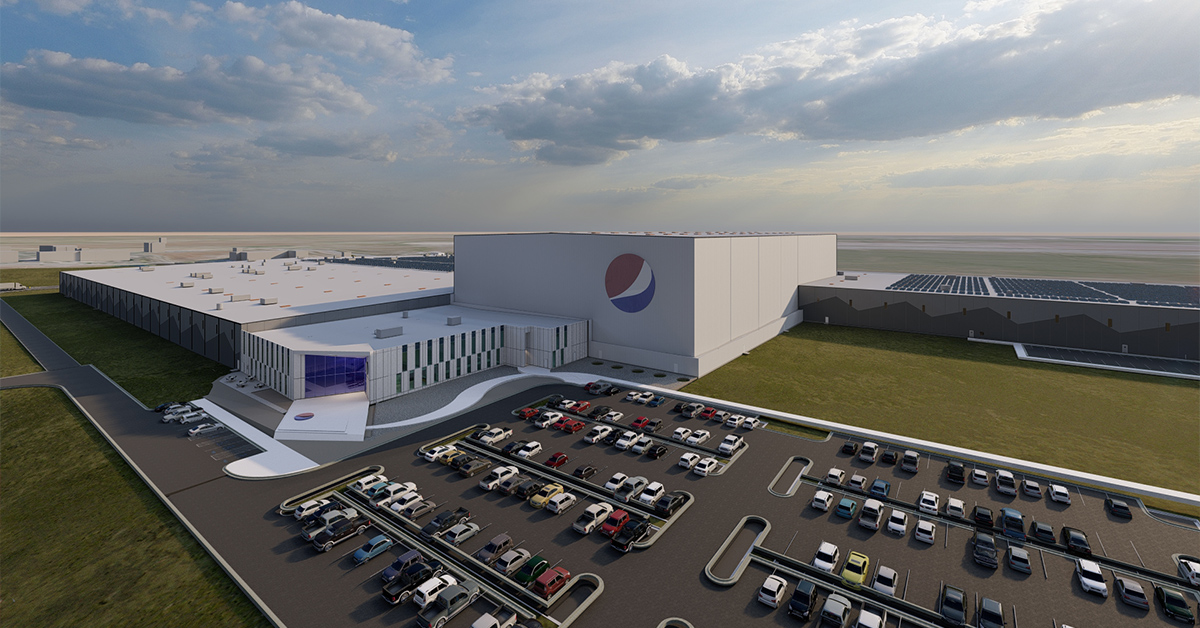PepsiCo bested analyst expectations in its Q2 2023 earnings report today, announcing net revenue growth of 10.4% in the quarter and 10.3% year-to-date.
Organic revenue growth in the quarter was up 13% and the company raised its full-year outlook to 10% organic revenue growth, up from 8% earlier this year.
“Our strong performance and the progress we are making on our strategic priorities give us confidence that the investments we are making to become an even Faster, even Stronger, and even Better organization by Winning with pep+ are working,” said chairman and CEO Ramon Laguarta in a statement. “Moving forward, we will look to elevate our focus on productivity initiatives to further support investments in innovation, brand building, digitalization, and sustainability to win in the marketplace and fortify our businesses for the long-term.”
In North America, the Frito-Lay business saw 14% organic revenue growth and Quaker Foods improved by 2%. PepsiCo Beverage North America reported revenues up 10% in Q2, benefitting from “double-digit net revenue growth in Gatorade and high-single-digit net revenue growth in Pepsi, Starbucks and Rockstar.”
Speaking to investors and analysts during an earnings call this morning, Laguarta said the company has benefited from a “better flow of materials from suppliers” and improvements in the labor market. As well, he said PepsiCo has improved elasticities in “the majority of markets” even as low income consumers make cuts to their grocery baskets.
“We’re seeing the majority of consumers staying within our categories, staying within our brands,” he said.
Asked about a discrepancy between the company’s report that Gatorade grew double-digits during the quarter, while recent NielsenIQ data has shown the brand consistently declining – retail dollar sales of the brand fell -3.5% in the two-week period ending July 1, according to the market research firm – Laguarta said that there has been “a meaningful impact on timing on when we reflect our sales and when the consumer actually buys compared to previous years.”
Laguarta pointed to recent innovations like G FIT and powdered and tablet lines as also supporting the brand, noting that alongside its sugar-free G Zero line the company is confident it will continue to “attract new consumers to the category.” As well, the company has increased advertising for Gatorade “substantially” and plans to continue ramping up marketing throughout the summer.
However, he acknowledged that the core Gatorade line is feeling the pressure from rising sports drink competitors – namely PRIME.
“It is true that there are some new entrants in the category like PRIME that have been taking some space, especially with younger audiences,” he said. “They’ve been affecting Gatorade, but they’ve been affecting more of some other brands in the category that had that kind of profile. So we feel good about the execution. We feel good about how the brand is performing.”
In energy drinks, Laguarta credited PepsiCo’s DSD network with helping to drive the rapid growth of performance energy brand Celsius, which recently surpassed $1 billion in annual retail dollar sales. However, he neglected to comment on a question regarding how Monster’s recently-approved acquisition of Bang, PepsiCo’s ill-fated former distribution partner, could impact the category.
“The category keeps expanding and we’re glad that [Celsius is] in our portfolio,” he said. “And we’re working together with Celsius to see additional international opportunities, whether we can expand the brand in some other markets, especially more developed markets where the category is a bit more developed.”
